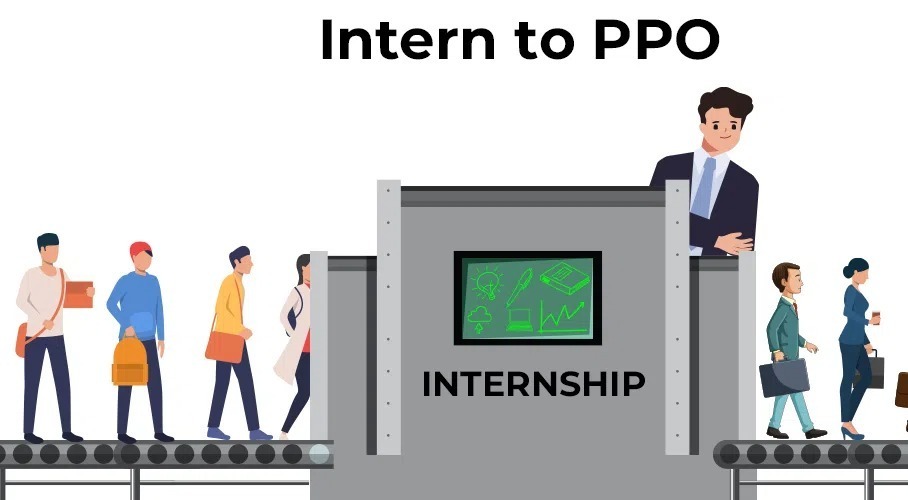Latest News
Pickup New Updates
AI certification provides management students with a deep understanding of AI concepts, machine learning algorithms, and data analytics techniques. It equips them with the skills to interpret and utilize AI-driven insights, enabling smarter decision-making. In addition, AI proficiency allows managers to identify patterns in large datasets, forecast trends, and enhance customer experiences through personalized strategies.
- 18-Oct-2023
Advanced Excel skills are crucial for management graduates due to the software`s widespread use in various business functions. Proficiency in Advanced Excel allows management graduates to efficiently handle data analysis, financial modeling, and reporting tasks, which are fundamental in managerial roles.
- 18-Oct-2023
Seed funding in the context of MBA and PGDM colleges refers to the initial financial support provided to startups founded by students, alumni, or faculty members within the academic institution. These funds are typically used to develop prototypes, conduct market research, or kick-start business operations. MBA and PGDM colleges often foster a vibrant entrepreneurial ecosystem, encouraging students to explore their innovative ideas and venture into entrepreneurship.
- 18-Oct-2023
SAP, which stands for Systems, Applications, and Products, is a powerful enterprise resource planning (ERP) software used by businesses to manage various aspects of their operations, including finance, human resources, supply chain, sales, and customer relationships. The benefits of SAP implementation are significant.
- 18-Oct-2023
Presentation skills development refers to the process of enhancing one`s ability to communicate effectively and persuasively in front of an audience. It involves mastering various aspects such as structuring content, using visual aids, engaging the audience, and delivering the message with confidence and clarity. Developing strong presentation skills is invaluable in both academic and professional settings.
- 17-Oct-2023
In management colleges, PPO stands for Pre-Placement Offer. It refers to a job offer extended to students by their internship employers before the formal campus placements begin. PPOs are a testament to the students` performance and skills during their internships, showcasing their capabilities to potential employers.
- 17-Oct-2023
In the context of management studies, minor and major specializations refer to the focused areas of study that students can choose within their degree programs. A major specialization represents the primary area of focus, where students delve deeply into a specific field such as marketing, finance, human resources, or operations management.
- 17-Oct-2023
MDP, or Management Development Program, in management colleges refers to specialized training programs designed for professionals and executives to enhance their skills and knowledge in various areas of business management.
- 17-Oct-2023
An incubation center in a management college is a specialized facility designed to nurture entrepreneurial talents and support startup ventures. It provides aspiring entrepreneurs, often students or alumni of the college, with resources, mentorship, and a conducive environment to develop and scale their business ideas.
- 17-Oct-2023
Establishing a robust research environment in a management college is of paramount importance for several reasons. Firstly, it fosters a culture of innovation and intellectual curiosity among both faculty and students. Engaging in research activities allows faculty members to stay updated with the latest developments in their fields, enhancing the quality of education they provide.
- 17-Oct-2023
In MBA and PGDM colleges, the flagship program refers to the institution`s primary and most prestigious business degree program. This program typically represents the college`s highest standards in terms of curriculum, faculty, infrastructure, and overall educational experience. Choosing a college`s flagship program holds several advantages for students.
- 17-Oct-2023
In MBA and PGDM colleges, a faculty pool refers to a diverse group of experienced educators, often comprising professors, industry experts, and researchers, who collectively form the teaching staff of the institution. This pool of faculty members is crucial for several reasons. Firstly, a diverse faculty pool ensures a broad spectrum of knowledge and expertise, enriching the learning experience for students.
- 17-Oct-2023
Faculty development programs are structured initiatives designed to enhance the skills, knowledge, and effectiveness of educators in higher education institutions. These programs focus on various aspects such as teaching methodologies, curriculum development, assessment techniques, technology integration, and research skills.
- 17-Oct-2023
The data-driven approach in MBA studies represents a paradigm shift, transforming how business decisions are made. It involves the systematic collection, analysis, and interpretation of data to gain valuable insights, identify patterns, and make informed strategic choices.
- 17-Oct-2023
The curriculum in MBA/PGDM colleges is the structured academic framework that guides students through their learning journey. It encompasses a well-balanced mix of core subjects, electives, real-world projects, and internships tailored to provide comprehensive knowledge and skills in the field of business and management.
- 17-Oct-2023




